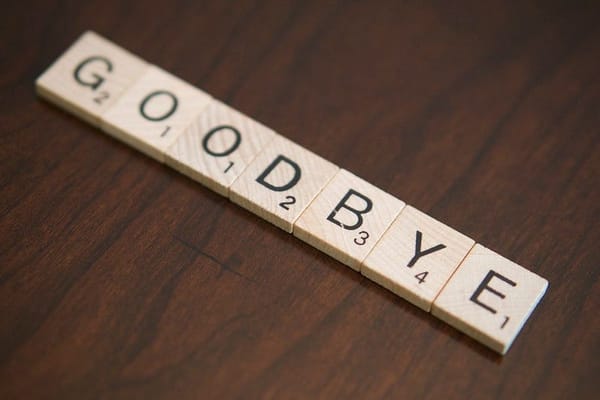The Bathroom Bill Era is Over
The bathroom bill movement spawned in 2015 is officially dead after the Supreme Court declined to take up Gavin Grimm’s lawsuit earlier…

The bathroom bill movement spawned in 2015 is officially dead after the Supreme Court declined to take up Gavin Grimm’s lawsuit earlier this week
When he was 15 years old, Gavin Grimm asked to use the boy’s room at his school after coming out as transgender. At first, the school allowed it, but not long after the school board for Gloucester County school district in Virginia reversed course, responding to public outcry.
The school adopted a policy applying to boys and girls “with gender issues” that essentially treated trans adolescents like Grimm as a third, deviant gender category. Grimm was forced to use bathroom facilities that no other student at the school was required to use, often forcing him to miss extended periods of class time not missed by his cisgender schoolmates.
So Grimm, along with his attorneys at the ACLU, filed suit in 2016. Four years later the 4th District US Court of Appeals ruled in his favor, the third federal circuit to rule in favor of trans school bathroom access. Earlier this week, the US Supreme Court refused to take up the case, meaning the 4th Circuit ruling stands and is now a key legal precedent in the states represented on the circuit: Maryland, Virginia, West Virginia, and North and South Carolina.
More importantly was the lack of effort by anti-trans legal entities to fight back at SCOTUS. The Alliance Defending Freedom, the legal brain behind nearly every major legal challenge to trans rights chose not to intervene in the Supreme Court, suggesting enthusiasm for bathroom bans has finally waned on the right.
In 2015, the anti-LGBTQ movement was reeling from the Obergefell making marriage equality the law of the land nationwide. It was the most devastating blow the anti-side had taken and many pundits speculated that the LGBTQ rights movement — and the concurrent anti-LGBTQ movement — was no longer needed.
Instead the anti’s changed course to target trans people. In the fall of 2015, the city of Houston held a referendum over a city non-discrimination ordinance that included LGBTQ protections. National LGBTQ advocates took the race for granted, assuming the aftershocks of the Obergefell ruling would sweep aside opposition.
They couldn’t be more wrong.
It was in Houston where the trans bathroom panic really kicked off, and the “no men in women’s bathroom” slogan — specifically targeting trans women simply needing to exist in public — first reared its head.
The bathroom discourse consumed the political world throughout early 2016, and reached a boiling point when North Carolina passed House Bill 2, the bathroom bill.
Public backlash was swift, even as a political debate over where folks should be allowed to pee kicked off. The NBA pulled their all star game out of Charlotte. The NCAA announced it would not allow officially sanctioned collegiate sporting events from being held in the state. Dozens of liberal states announced state business travel bans to the state. PayPal cancelled a planned expansion of their headquarters in the state.
In total, estimates put lost state revenue from the boycotts at over $320 million and the state’s Republican governor, Pat McCrory, the bill’s lead cheerleader, was bounced from office in the 2016 election, a rare major defeat for the GOP that year.
The following year, the state legislature partially overturned the bill while dozens of other conservative states proposed and ultimately failed to pass their own versions of a bathroom bill.
Attempts at passing bathroom bills were repeatedly made between 2017 and 2020, without success. And by now, bathroom bills are rarely introduced. Instead conservatives have turned to attacking trans kids in 2021, hoping to make headway with suburbanites they lost in the 2020 election.
Grimm’s win this week feels like a turning point in the bathroom debate, though bathroom bills could return to the docket in transphobes continue to make legislative progress in the US. But for now, the bathroom bill era is officially dead.




